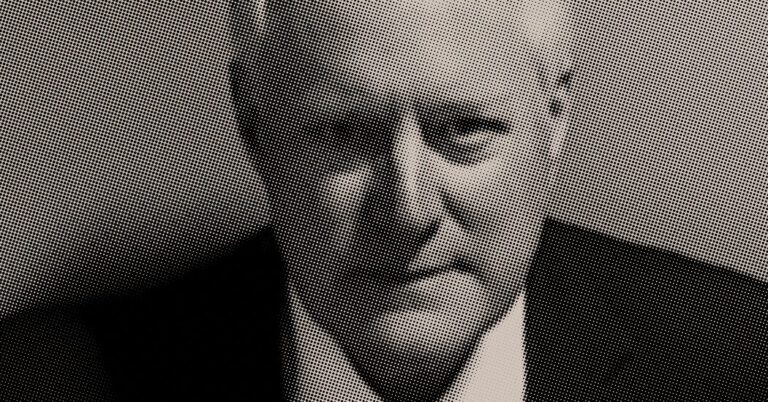
[ad_1]
In reconstructing the “Talented Mr. Ripley”-esque trajectory of Mark Meadows, I found that the usual elements of an upwardly mobile politico — origin-story hyperbolizing, shamelessness, promises made and soon broken — all make an appearance. Still, as a journalist who in past years saw Meadows’s charm offensive at work, I was struck by how deeply he is loathed by many people who once admired him. Some of these ill feelings can be traced to what many have cited as Meadows’s abiding need to be liked, which in turn would seemingly compel him to say whatever he believed a person might want to hear at that moment. After winning his western North Carolina congressional seat in 2012, he promised two different aides that they would be his chief of staff, only to award the job to a third person. (Meadows informed one of the unlucky aides by text message that he was “going in a different direction.” The other aide, upon confronting Meadows face to face, was awarded a show of tears and the explanation that “Debbie’s afraid we’ll have too much fun in Washington.”)
Seven years later, after retiring from Congress so as to make himself available to replace his friend Mick Mulvaney as Trump’s chief of staff, Meadows promised two different Republican friends who hoped to fill his seat that he would stay out of the race. Instead, he endorsed a third candidate, his wife’s friend Lynda Bennett, and then persuaded Trump to do the same. (Bennett was trounced in the primary by a fourth G.O.P. candidate, Madison Cawthorn, who would serve one brief term.)
In reaching out to those who were well acquainted with Meadows, I expected wariness from Republicans who felt loyal toward him and distrustful of the mainstream media, and certainly there were several who fit in that category. It’s also the case that many if not most Republicans see little to gain and much to lose by going on the record to criticize a top Trump ally like Meadows, whose clout, if not what it once was, is still not worth testing.
Just as often, however, I encountered conservatives who seemed repelled by the very subject of Meadows, as if simply acknowledging their past admiration of him would amount to a kind of self-defilement. Some of them remarked on how readily Meadows cried; others commented on how willing he was to lie even when it seemed completely unnecessary for him to do so. Many of those I spoke with who had soured on Meadows happened to be conservative Christians, as Meadows himself is. One told me that he got past his bitterness toward Meadows by thinking of the other blessings in his own life, including his 51 years of marriage. Another, who worked with Meadows in the tiny western North Carolina resort town Highlands when both were real estate agents, politely demurred, saying in a text message: “Mr. Draper, I am a Christian, and I won’t be involved in anything dealing with Mark. Yes, I worked with him in the early days, and I know him very well. I’m not protecting him, it just isn’t right. That’s what is wrong with the country right now. He will stand accountable one day. We all will.” When I then asked her if she could help explain how Meadows had become such a successful real estate agent in so short a time, she replied, “That’s a can of worms, and I don’t want to go down that path.”
Though Meadows has never been shy in discussing his Christian faith, he has seldom acknowledged the role it played in his professional ascent. Instead, the streamlined narrative he has offered depicts a young married couple from Tampa restarting their lives in the mountains of western North Carolina, where they spent their honeymoon eight years earlier, re-enacting the American dream by opening a humble sandwich shop, transitioning to real estate and then, after accruing wealth, to public service. His short path to prosperity was surely enabled by Meadows’s unctuous gift of gab; as he often bragged to staff members during his first congressional campaign in 2012, “I could sell ice to an Eskimo.”
[ad_2]